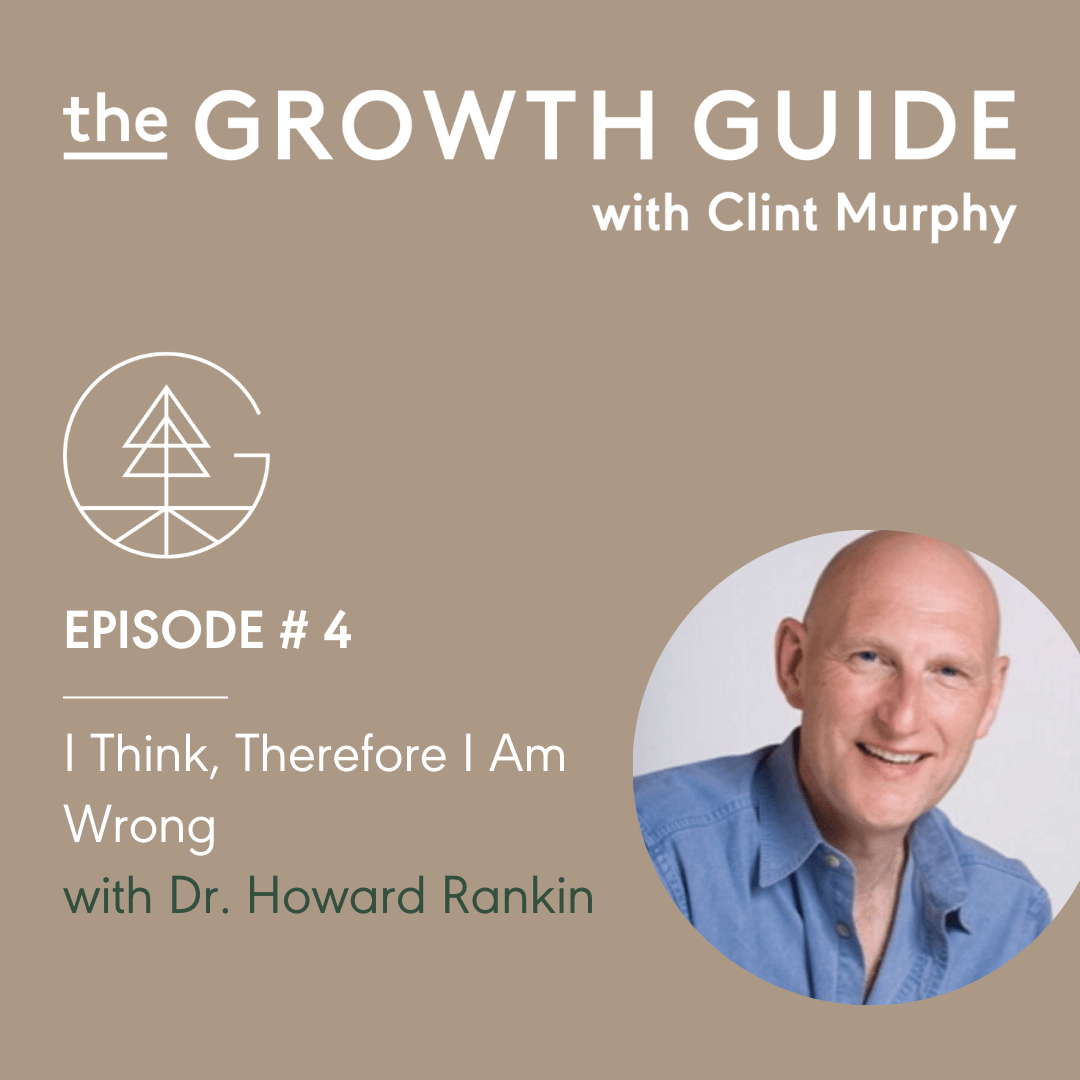About the Episode
Dr. Howard Rankin has extensive expertise and knowledge in the areas of psychology, cognitive neuroscience and neurotechnology. He is also an experienced speaker and best-selling and award-winning author. Dr. Rankin has written 12 books in his own name, co-written another 9, and ghostwritten 30 others, all non-fiction. He has also published more than 30 scientific articles and been a consultant to the NIH and WHO. His work has been featured in many newspapers and magazines and he has appeared on national networks including CNN, ABC, CBS, BBC, and on “The View” and “20/20”. He hosts the podcast How Not To Think and is the author of I Think Therefore I Am Wrong: A Guide to Bias, Political Correctness, Fake News and The Future of Mankind.
In today’s episode we have a wide-ranging conversation on several aspects of human behavior, including cognitive bias, communication, misinformation, taking control of emotions, beliefs, and more.
We dive into the conversation by talking about where he finds inspiration for his writing and his process of bringing a book to life. He shares with us how as a professional author he allocates his time to generate valuable content for the readers.
One of the main areas we cover in this episode is about beliefs. Howard shares his perspective on how beliefs and opinions differ from facts and knowledge, the effects of beliefs shared by groups of people, how to expand our knowledge, and have informed opinions about things we are passionate about. We also dive into three major factors that contribute to the divisiveness of our modern society; binary simplicity, the contrast effect, and group attribution error.
According to Howard, our emotions are connected to our perception of things that happen in our lives. We talk in-depth about how emotions work, how to identify the perception behind our emotions, and how we can take control of our emotions. Furthermore, we talk about how we can guide our kids to learn to take control of emotions at an early age, how our education system should be changed to teach students numeracy in a better way, and how to detect and avoid misinformation that spreads through social media and other modern platforms. Wrapping up the session, Howard shares his perspective on what mindfulness looks like in his life and stories about amazing things our brains are capable of.
